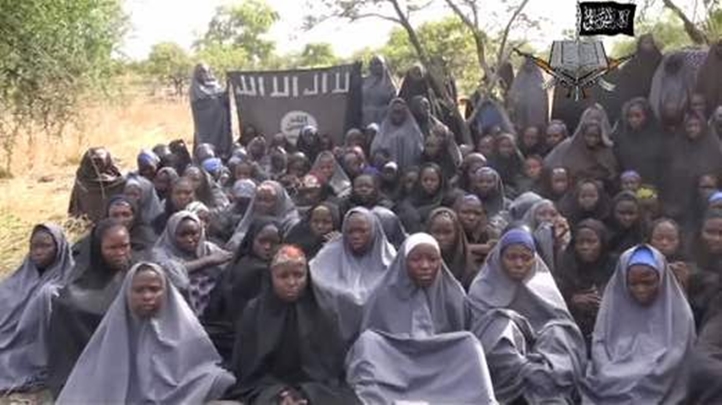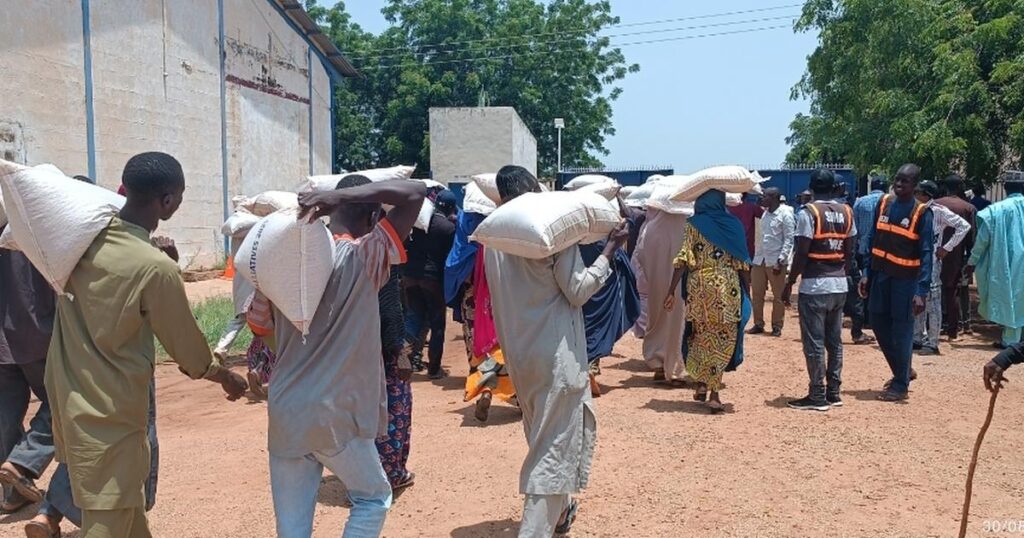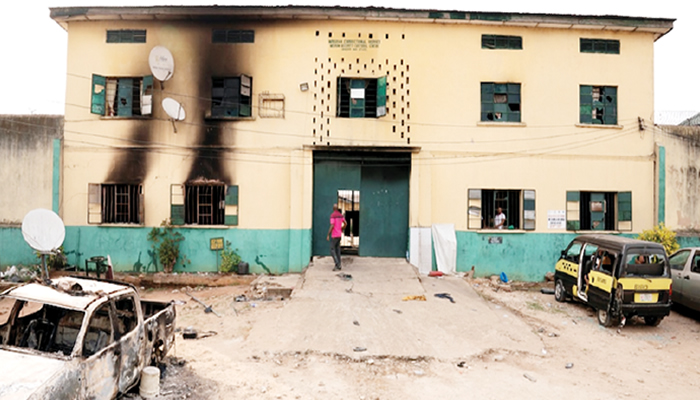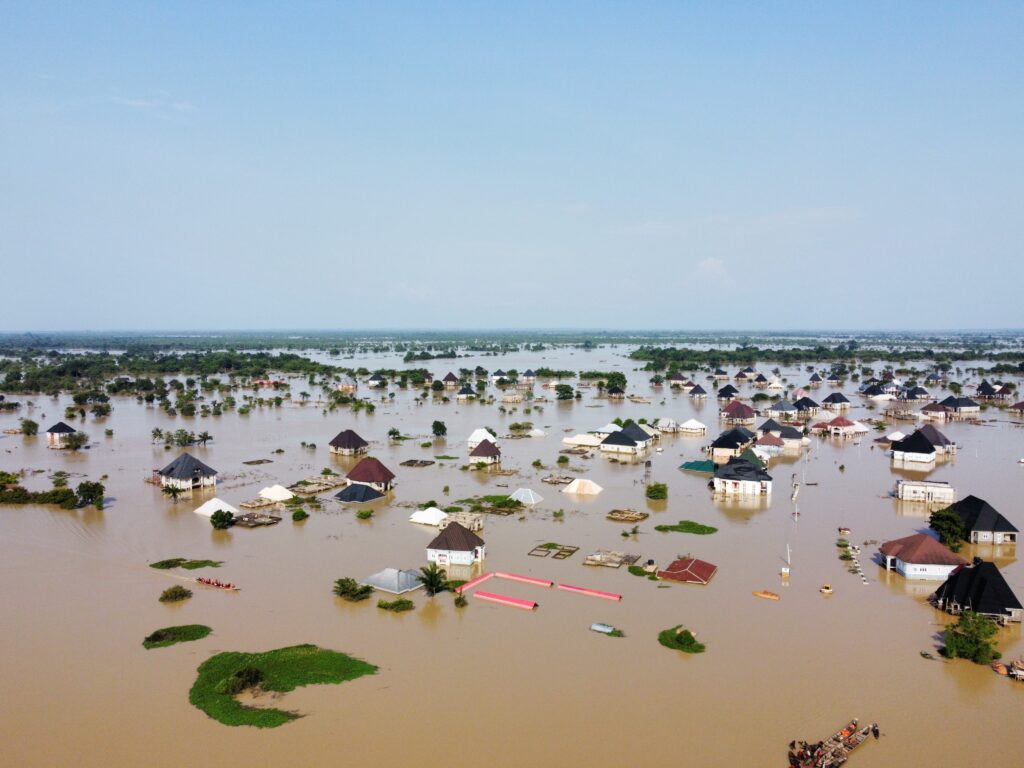Ten years ago, on the night of April 14, 2014, a horror unfolded in Chibok, Nigeria. Boko Haram, a militant Islamist group, stormed the Government Girls’ Secondary School and abducted 276 schoolgirls. The world watched in shock as the news broke, and the desperate fight to #BringBackOurGirls began. Today, in April 2024, a decade has passed, yet the pain and uncertainty linger. While some girls managed to escape or were released through negotiations, a significant number remain missing. The exact figure is debated, with some reports suggesting as many as 91 girls are still unaccounted for. For their families, the years have been a brutal test of resilience. Parents have aged ten years, their faces etched with worry and longing. The constant hope for their daughters’ return is a heavy burden.
For those who have returned, alleged mistreatment by the communities they called home persists. In a recent BBC interview, “Lisu” (name withheld), one of the 276 abducted Chibok girls who went through a government rehabilitation programme, revealed in the interview that she regrets coming back and “Sometimes I cry when I remember. I ask myself: ‘Why did I even leave Sambisa to come back to Nigeria, only to come and face such degrading treatment, being insulted almost daily?’ I never experienced such heartache while I was in Sambisa.” About a third of the missing Chibok students are believed to have died in captivity. Many defiant hostages who refused to be married to Boko Haram fighters are believed to have been forced into sexual slavery, domestic servitude or used as suicide bombers. The Nigerian government has largely moved on, beset by competing issues, including the kidnapping of thousands of other women and children also abducted by armed factions or criminal groups across Nigeria.
The Chibok abduction transcended a singular event. It symbolised Nigeria’s vulnerability, particularly in its northern regions. Boko Haram’s ideology, which views Western education, especially for girls, as sinful, exposed a deep societal rift. The abduction also marked the beginning of a horrifying trend. School kidnappings have become a weapon employed by Boko Haram and splinter groups, with over 1,400 children abducted in the past decade. This tactic not only disrupts education, a vital tool for development, but instils fear and undermines public trust in the government’s ability to protect its citizens.
The impact of the Chibok abduction extends far beyond the immediate victims. It exposed weaknesses in Nigeria’s security apparatus. Despite efforts to combat Boko Haram, the insurgency continues, albeit with diminished force. The group has fractured, with a faction aligning with the Islamic State West Africa Province (ISWAP). This complex web of militant groups continues to pose a significant threat. School kidnappings have also resurged, further diminishing efforts towards securing educational development in Nigeria and desensitising the nefarious act of harming children and young people in spaces typically meant to be safe for them. The government’s struggle to secure schools may discourage parents from sending their children, especially girls, to be educated. This perpetuates the cycle of poverty and lack of development that Boko Haram thrives on.
The returned Chibok captives face a harsh reality despite government promises. Many claim they haven’t received financial aid and struggle to raise their children born in captivity. This lack of support, coupled with ongoing Boko Haram attacks in their hometowns, creates constant fear and hinders their ability to rebuild their lives. One woman even believes the remaining hostages might choose to stay with Boko Haram upon seeing the struggles faced by escapees. The government, however, maintains that it has provided significant funding for the Chibok girls’ education, raising questions about the allocation and distribution of resources.
In recent years, the Nigerian military has made notable progress in collaboration with regional forces. Negotiations and armed tactics have resulted in the release of some hostages, notably the 287 students kidnapped in Kaduna State in March 2024. However, considerable work remains. The Chibok abduction vividly underscores the human toll of violent extremism. As Nigeria confronts this challenge in its second decade, the imperative is to prioritise education. Investing in education, particularly for girls in vulnerable areas, is pivotal in countering Boko Haram’s ideology. Additionally, ongoing efforts to enhance security by dismantling militant groups and fortifying communities are indispensable. This entails addressing the underlying causes of extremism, such as poverty and lack of opportunities. Equally crucial is providing continuous support to the families of the abducted Chibok girls.
The government must develop tailored strategies to assist the returned Chibok girls overcome their diverse challenges. Key to this approach is the implementation of sustained physical and psychosocial rehabilitation programmes to aid their smooth integration into society. Additionally, vocational training should be offered as an alternative to traditional education to align with their interests and skills. Recognising the financial burdens some face, particularly those with children, initiatives aimed at economic independence should be prioritised, including financial literacy and income generation opportunities. A comprehensive response encompassing physical, psychological, educational, and economic support is essential to empower the Chibok kidnap victims to rebuild their lives and succeed in society. Furthermore, there should be sustained effort towards rescuing the Chibok girls who are still unaccounted for.
The story of the Chibok girls is far from over. Their continued absence wounds the nation’s psyche, a reminder of Nigeria’s ongoing fight for security and education. The nation can only move forward and ensure such tragedies cease through a sustained and multifaceted effort.



